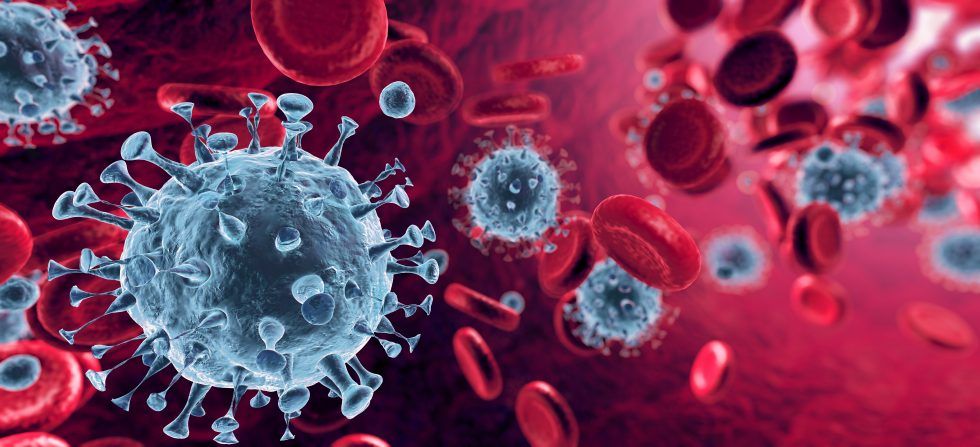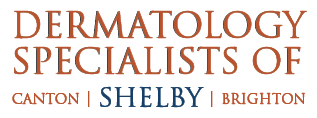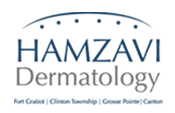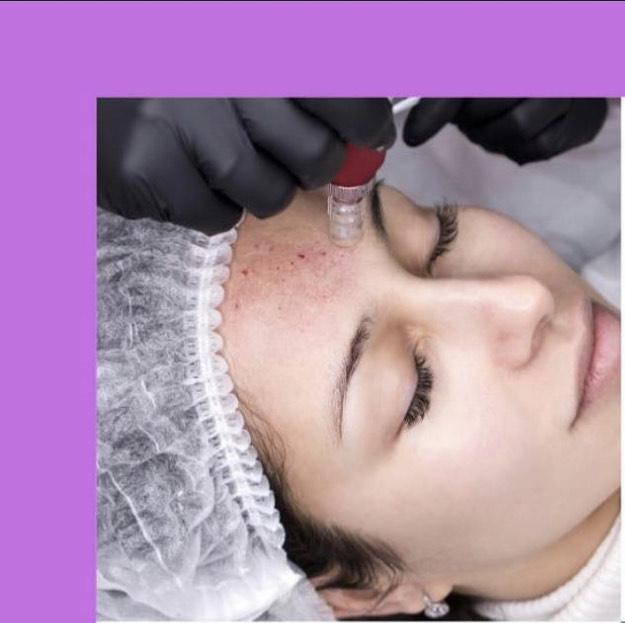Rosacea during COVID-19
Hi friends and amazing patients,
Let’s talk Rosacea. April is Rosacea Awareness Month!
We have promised on our Instagram account to answer some of your questions on this condition. So here are my answers to your Instagram questions in this blog.
- What is Rosacea?
Rosacea is a chronic skin condition where facial blood vessels open and close irregularly and can cause persistent, frequent, and oftentimes severe facial redness. Depending on the type of rosacea, sometimes they may experience facial spider veins, acne cysts, styes, and thickened facial skin.
- Are there really mites on my face? Ewww…
Yes, there are mites on our skin that can give rise to flare ups of Rosacea. These mites like to live on the nose and cheeks where rosacea tends to flare. Studies have found that when these mites overgrow on the skin, rosacea symptoms can be found. It is thought that the presence of too many of these mites can mount an immune response that results in typical red rosacea bumps. Many rosacea patients have large numbers of this mite on the skin, in their oil glands. However, some people who do not have rosacea can harbor these mites as well.
- Are niacinamide containing products good for rosacea?
Yes, niacinamide containing products are suitable for rosacea prone skin. Niacinamide is a VitaminB3, and can be useful in treating acne and rosacea. It increases the barrier function, which allows better tolerance in the skin against irritant reactions. It also has anti-inflammatory effects, and is very suitable for sensitive, rosacea, or redness prone skin. It has also been shown to have an effect to reduce the risk for skin cancer formation when taken at sufficiently high oral dosages.
- What causes rosacea?
Many things have been found to trigger worsening of rosacea, or rosacea flares. But scientists are still trying to figure out what exactly causes rosacea. In rosacea studies, the following has been found:
- Rosacea runs in families, and it is possible that people are inheriting genes that cause rosacea symptoms.
- The immune system plays an important role. The presence of certain bacteria such as H. pylori, and demodex mites in the oil glands in the skin, may cause an immune reaction that triggers rosacea.
- Certain proteins of the skin called cathelicidins may be responsible for causing the redness and swelling we see with rosacea symptoms.
- Any special skincare instructions for rosacea prone skin?
Yes. Here are my 5 helpful hints to decrease signs and symptoms of rosacea:
- Avoid your triggers: wind chill, sun exposure etc. Wear your sunscreen daily, even when you stay indoors, and reapply midday if possible.
- Use the correct skincare regimen: each person has a unique skin type, but as a rule of thumb, treat rosacea skin as supersensitive skin. Avoid fragrances, irritants, and be extra careful when incorporating anti-aging molecules such as retinols and retinoids.
- Ask your doctor about taking a short course of antibiotics from your dermatologist to rescue rosacea out of too much inflammation
- Consider using specialized prescription creams such as topical Ivermectin, Metronidazole, or Brimonidine to help calm inflammation in the skin
- Discuss the use of lasers with your doctor. It is not a miracle cure, but may be a good addition to your rosacea routine if the budget fits.
Let us know if we can help, and email us any future topics you’d like to hear more about !
Virtual visits are available by emailing dsb.hamzavi@gmail.com , or contact us at (810) 355 4300
Please stay home, stay healthy, and be safe!
The post Rosacea during COVID-19 appeared first on Dermatology Specialists of Brighton.





